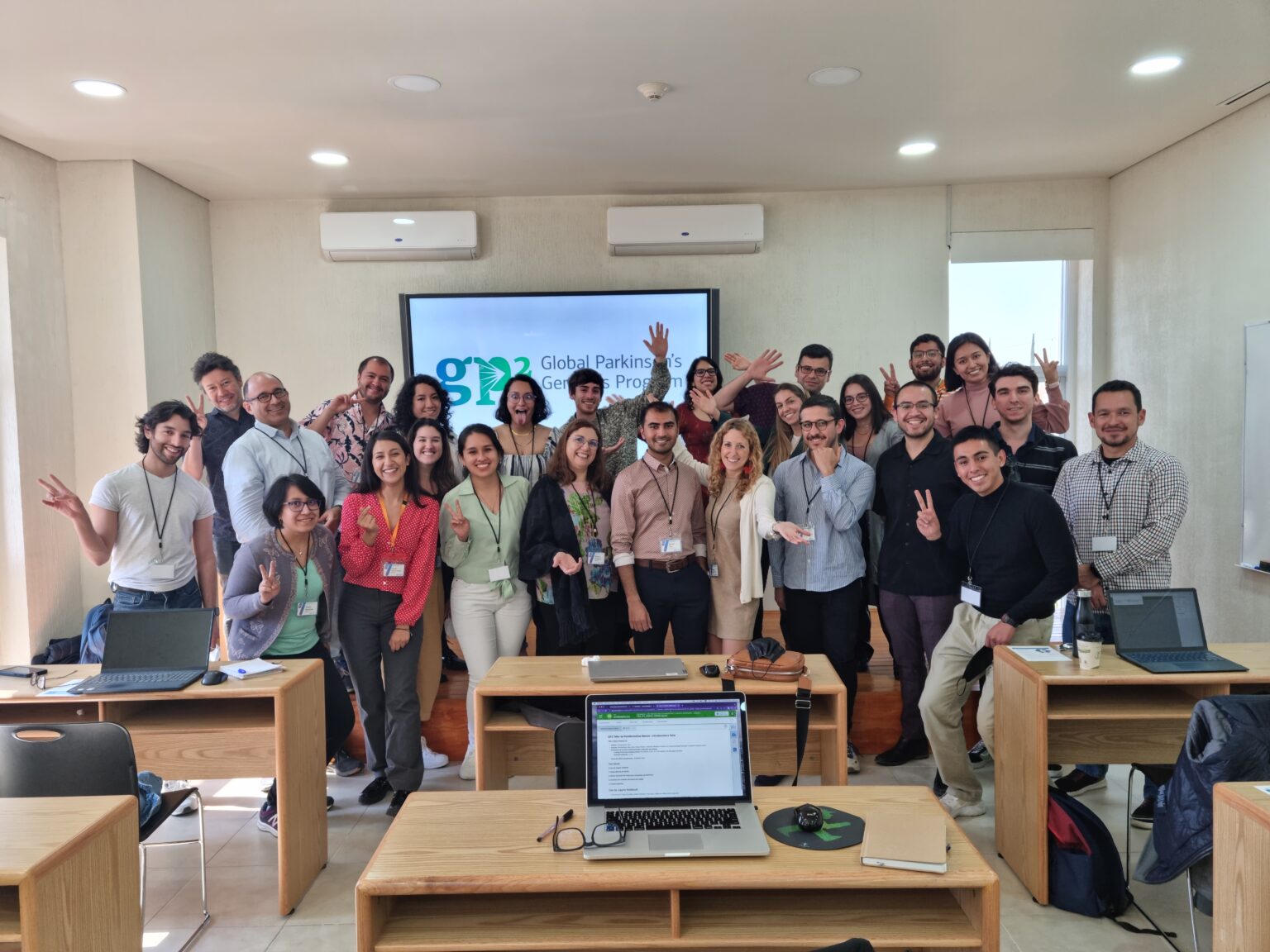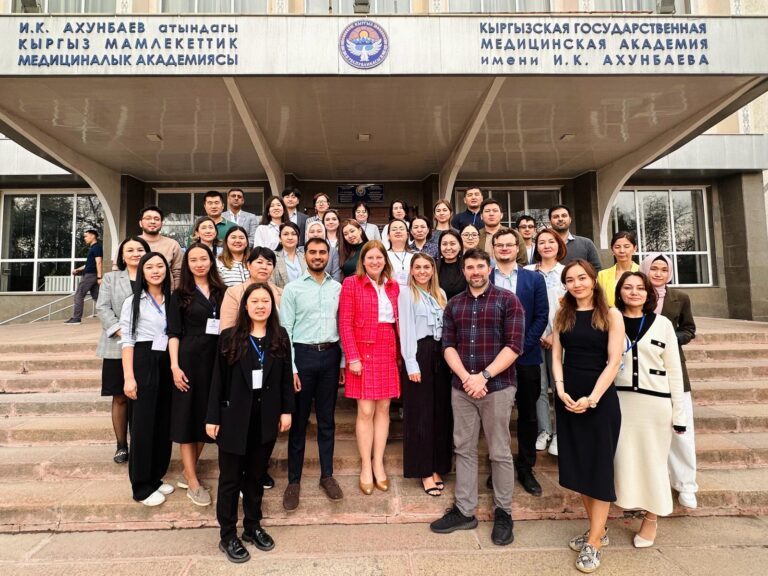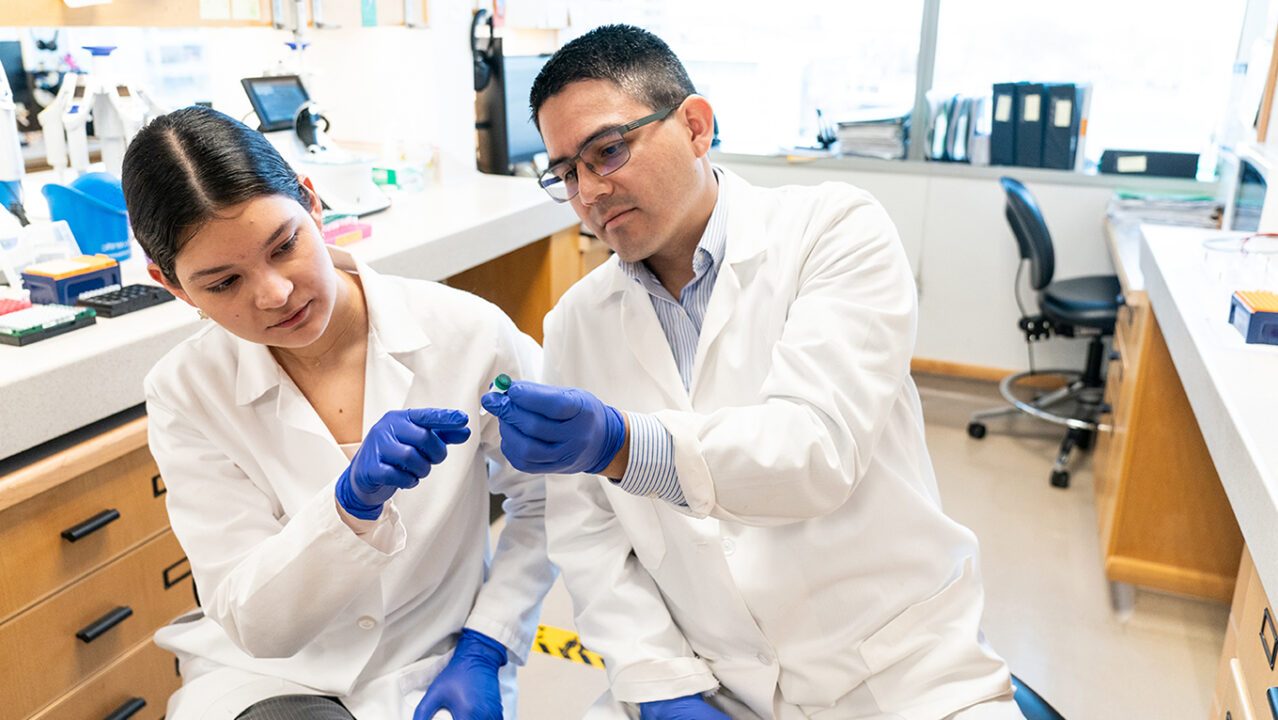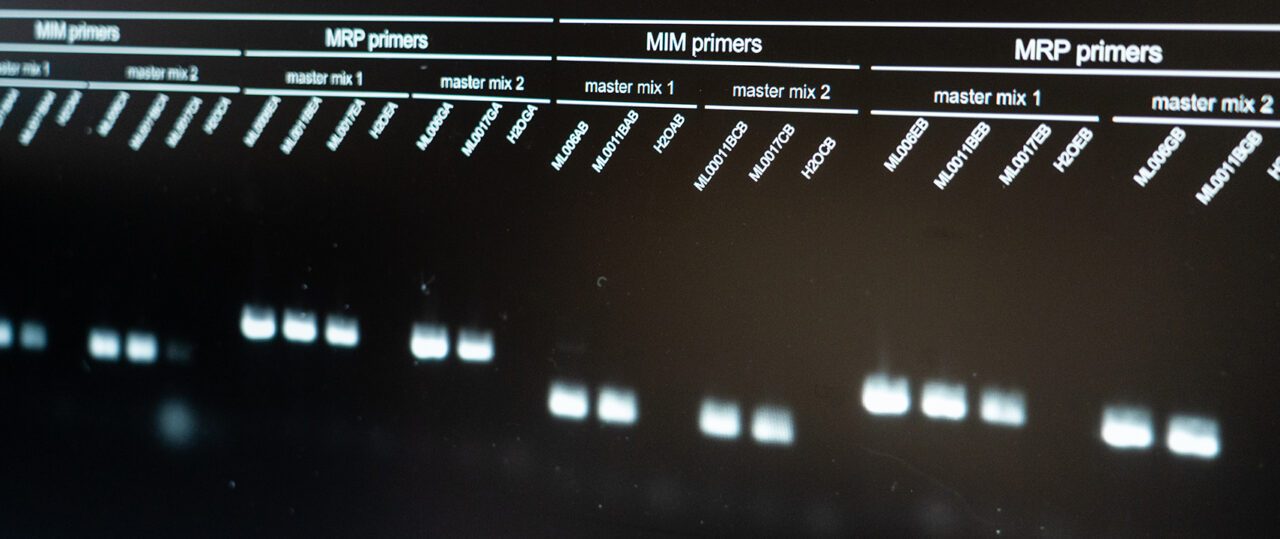GP2 Learning Platform
This is a free online learning platform to make GP2 materials accessible to learners worldwide. The courses range from an introduction to Parkinson’s disease genetics to various bioinformatics courses that leverage GP2 and AMP® PD genetics and clinical data at a beginner and intermediate level using the Terra platform and research methods. These courses include theoretical and practical interactive demonstrations, assessment quizzes and recommended readings. To actively promote research overcoming language barriers, courses are available with subtitles in several languages.
Short Courses and Conferences
GP2 provides support through an application process for individuals to attend online and in-person courses run by our partners such as courses delivered by The International Parkinson and Movement Disorder Society (MDS), Foundation for Advanced Education in the Sciences (FAES) academic programs at the National Institutes of Health (NIH), and Wellcome Genome Campus. Trainees have also been supported to attend several international conferences focused on Parkinson’s disease. Contact us at [email protected] if you have questions about in-person courses.

Master’s and PhD Programs
We believe that setting up PhD and master’s opportunities in underserved populations will expand our reach and ensure that research capacity is generated where it is needed. PhD students have been funded across Asia, Africa, and Latin America. Master’s programs in Clinical Neurology, Bioinformatics, and Data Science have been funded so far.
Thanks to the GP2 Trainee Network, I had the great opportunity to take one of the FAES courses, and it was excellent. I completed the course successfully and learned a lot. I believe that the GP2 Trainee Network offers multiple resources for learning and is led by outstanding leaders.
Training Workshops and Hackathons
These GP2 events are open to all levels of expertise and career stages, and offer investigators the opportunity to gain data analysis skills promoting collaborative research. They provide an overview of GP2 goals, existing training materials, and how to leverage genotype and clinical data generated under the GP2 umbrella.
Explore Workshops & Hackathons
GP2 Trainee Network
We’ve created a global GP2 Trainee Network of over 200 members to date. Anyone participating in the opportunities listed above will automatically be invited to be part of this network. The GP2 trainee network meets virtually on a monthly basis to understand training needs and implement solutions. Below are opportunities available to any GP2 trainee. Get in touch if you are interested in joining the GP2 Trainee Network.
Trainee Representatives
GP2’s trainee representatives are available to help any trainee or potential trainee connect with GP2’s opportunities. Trainee representatives also serve as a bridge between GP2 core members and the training body. Together these nine individuals serve seven geographic regions. If you have a question about a GP2 training opportunity, or GP2 in general, reach out to the trainee representative from your region.


GP2 Trainee Projects
The GP2 Trainee Network supports research opportunities for investigators in the early stages of their careers, under the guidance of designated mentors. Current ongoing research projects using GP2 data are focused on expanding our current understanding of PD genetics and a myriad of secondary outcomes in a multi-ancestry context.
Mentorship Program
The GP2 Coffee with a Mentor Program is designed to support the training and development of GP2 trainees, offering opportunities for informal conversations on setting career goals, research ideas, collaborations, and ways to overcome challenges with more senior investigators within our network.
Sabbaticals and Training Placements
Distributing the expertise across sites is crucial to building local capacity. Sabbaticals and training placements are offered to GP2-funded PhD students and members of the GP2 Trainee Network to spend up to six months in another GP2 member affiliated institution to develop skills required to increase research capacity and involvement in their home countries.
Receiving funding from GP2 to pursue a master’s degree in bioinformatics has led to a transformative experience. I developed vital new skills and conducted research that contributed to expanding the scientific understanding of Parkinson’s disease. Thanks to GP2, I have had the invaluable opportunity to collaborate with field experts, join an active global community, and even present to peers at the annual GP2 conference.


